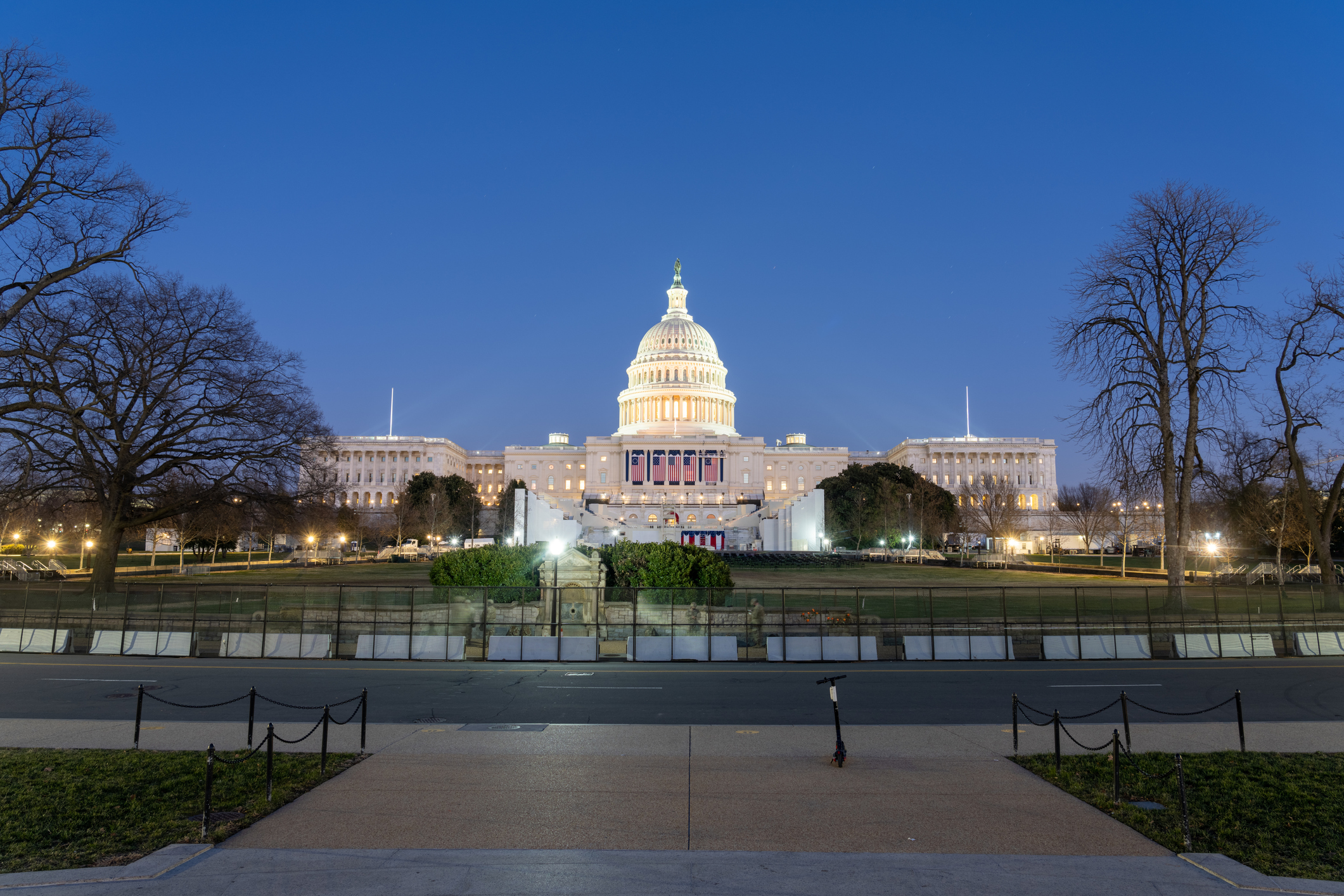In his most recent State of The Union Address, President Biden once again asked for bipartisan legislation to protect kids online.
I’m glad he did. Protecting America’s children is morally right and absolutely necessary.
But as we move forward, I hope he’ll remember that investing in America’s future must include the free and open, ad-supported internet.
Since IAB began measuring the economic impact of the internet in 2008, the internet’s contribution to GDP has grown eightfold, from $300 billion to $2.45 trillion. More than 17 million jobs in the U.S. were generated by the commercial internet.
The President’s calls for a total ban on personalized advertising to kids might sound good, but digital ads fuel innovation. Without ads to subsidize free children’s content, parents would pay more. Kids in the richest ZIP codes would continue to receive access, while kids in the poorest would lose it.
In an already divided America, is that what we really want?
What’s needed is not a total ban, but common-sense legislation providing the right protections for kids. We don’t totally ban toys or playground equipment or swimming pools because they could be dangerous. Instead, we create legislation to make sure they’re safe and age-appropriate.
Maximizing safety, while maximizing the positive effects of innovation, is among the most fundamental roles of good government.
According to a recent IAB study, the vast majority of consumers agree that the free and open internet is a social good, they appreciate the role of digital advertising, and say it would be unfair to lower-income Americans to raise barriers.
Other studies show consumers value the total internet at $38,000 a year. That’s more than half of the real median U.S. household income.
GenZ, the first generation to never experience life without the internet, values it even higher at $54,000 a year. Maybe that’s because GenZ grew up with great free content.
Americans are not anti-tech. We’re not anti-innovation. We want a free and open, ad-supported internet — but we also want sturdy guardrails.
Yet some of the agencies under the Biden administration have been going well outside established norms in an effort to win short-term political points.
The Federal Trade Commission is redefining ordinary data collection and analysis as “commercial surveillance,” a definition so broad that potential rules would criminalize the internet itself. Proposed rules from the Consumer Financial Protection Bureau threaten consumers’ access to online banking and budget apps, tax assistance, and more.
The positions being taken by these agencies seem to start from an extremist idea that advertising and marketing are inherently unfair and deceptive.
I’m glad the President continues to focus on online safety for kids. Let’s give America the free, open and innovative internet we want, with common sense protections kids need.




